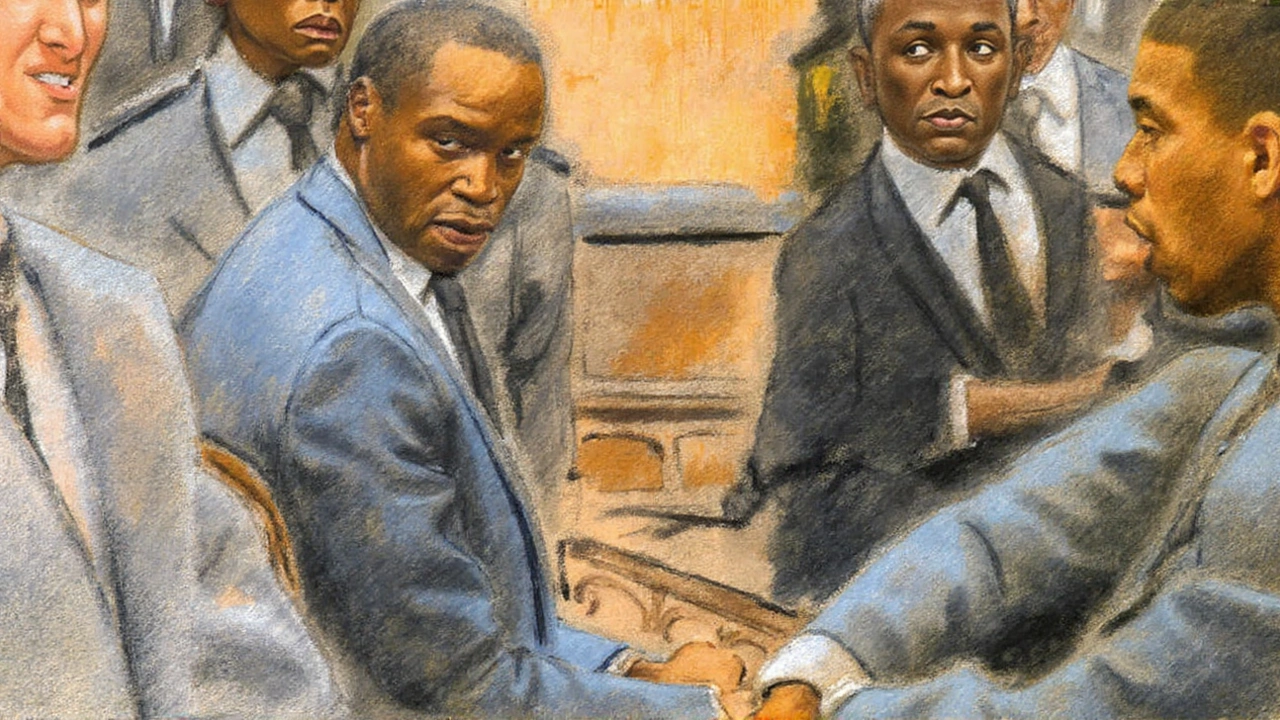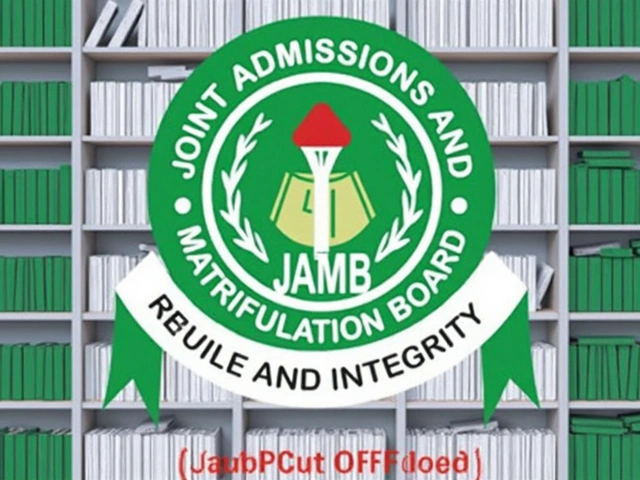Racketeering Explained: Types, Impact and How to Fight It
Ever heard the term racketeering on the news and wondered what it actually means? In plain English, racketeering is when people use illegal tricks to run a business or a group and make money. Think of it as the dark side of entrepreneurship – instead of selling a product, they sell protection, bribes, or fake services.
Most of the time, you’ll see racketeering linked to organized crime families, but it can also pop up in politics, big corporations, or even local gangs. The US law that deals with it the most is the RICO Act (Racketeer Influenced and Corrupt Organizations). That law lets prosecutors charge anyone who’s part of a pattern of illegal activity, even if they didn’t commit every single crime themselves.
How Racketeering Works in Real Life
Imagine a group that runs a construction business. On the surface, they build houses, but behind the scenes they pay off local officials to get permits faster. They might also charge other contractors for “protection” – a thinly‑veiled threat to keep competition away. Those two illegal moves (bribery and extortion) are classic racketeering activities.
Another everyday example is a fake charity that pretends to help victims but pockets the donations. The charity’s leaders may also use the money to funnel kickbacks to politicians. That’s money‑laundering and fraud rolled into one, and it falls under racketeering too.
In Africa, you’ll see similar patterns. Recent news about Kenya’s Interior Minister targeting police corruption or Nigeria’s passport fee hike sparking public outrage shows how illegal financial schemes can creep into government services. When officials misuse their power for personal gain, they’re essentially engaging in racketeering.
Spotting Racketeering and Taking Action
So, how can you tell if something is racketeering? Look for these red flags:
- Repeated illegal payments to get a service.
- Businesses that suddenly win contracts without clear competition.
- Charities that lack transparency on where donations go.
- Officials who consistently avoid scrutiny or investigations.
If you spot any of these, you’re probably dealing with a racketeering scheme. The good news is you don’t have to fight it alone. Report suspicious activity to local law‑enforcement, anti‑corruption agencies, or watchdog groups. In many countries, whistle‑blowers are protected by law, so you can share information without fearing retaliation.
On a personal level, keep records of any unusual requests for money or favors. Documentation makes it easier for investigators to build a case. If you’re a business owner, set up strict compliance policies – like regular audits and clear anti‑bribery training – to prevent your company from being used as a front.
Finally, stay informed. News sites like Ground Report Testing regularly cover stories about fraud, corruption, and legal actions against racketeering. By reading up on cases like Kenya’s crackdown on police fraud or the legal battles over passport fees in Nigeria, you’ll see how the problem spreads and how authorities respond.
Racketeering isn’t just a fancy legal term; it’s a real threat that can damage economies, erode trust, and hurt ordinary people. Knowing what it looks like, why it matters, and how to act can make a big difference. Keep an eye out, speak up when you see something off, and help keep your community clean from illegal schemes.






